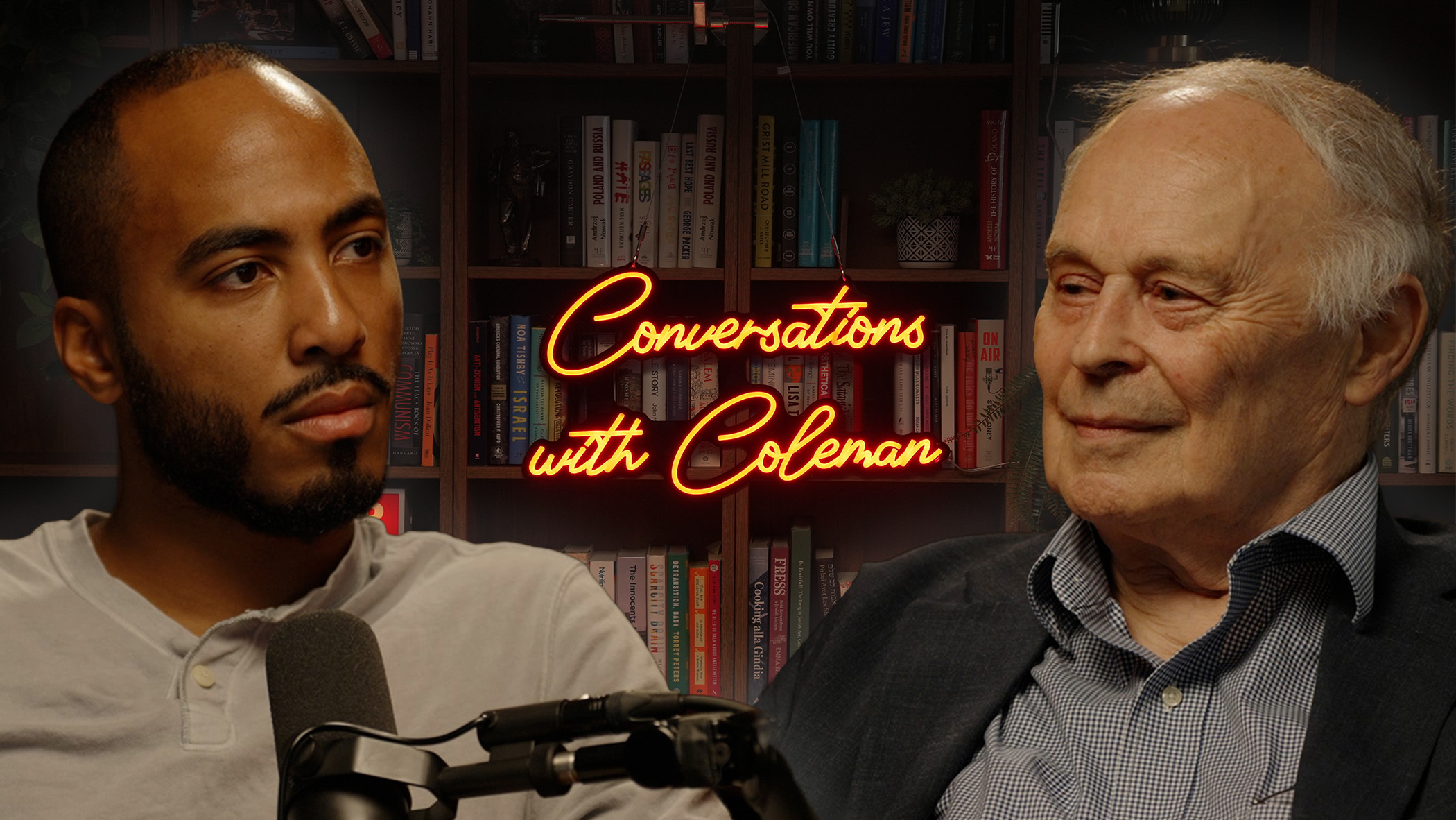Democrats see surge in women interested in running for office in a post-Roe America
Women didn't just take to the streets in protest of the Supreme Court eliminating the constitutional right to an abortion — they're taking to the campaign trail. Democratic organizers say they have seen a surge in women expressing interest in running for office after the court overturned Roe v. Wade, which for 50 years had protected the right to seek an abortion.
Individual states are now ground zero in the fight over abortion rights. The Guttmacher Institute, which supports abortion rights, estimated 26 states will ban or restrict abortion. Patients' access to an abortion will be largely determined by state legislatures and leadership.
Of the 13 states that had trigger laws – which immediately moved to ban abortion following the overturn of Roe – all had Republican-controlled legislatures. Other states that have banned or further restricted abortion to date are also controlled by Republican legislatures and governors.
"Unfortunately, the Supreme Court just reminded people in a pretty big way of the great importance of those state races," said Christina Reynolds from EMILY'S List, which works to elect pro-abortion rights candidates up and down the ballot. "The reality is your state legislature has an immense impact on your day-to-day life."
In the weekend following the Dobbs v. Jackson decision, handed down June 24, the organization saw about 500 people reach out. The organization Run for Something, which supports young progressives looking to run for state or local office, has seen more than 3,000 people sign up since the ruling – about 10% of all people who have signed up this year. Of those, more than 53% identified as women, a significantly higher number than normal. While it cannot all be attributed to the issue of abortion, Run for Something is on pace to double the number of people signaling interest in running from last year.
"We can't count on D.C., can't count on the Supreme Court, can't count on the White House, can't count on Congress," said Amanda Litman, co-founder of Run for Something.
With only a slight majority in the House and a split Senate, Democrats do not have the votes to pass legislation on multiple issues. That means decisions on abortion rights have been predominantly made at the state or local level.
The organization Emerge America, which recruits and trains Democratic women candidates, has also seen a clear increase in interest in running as well. Typically, a call focused on understanding the steps necessary to run for office has 50 to 100 women sign up. Their call this week had 300.
Currently, only 31% of state legislators are women, according to the Center for American Women and Politics. Of those, 66% are Democrats; slightly more than 33% are Republicans. The states with the highest proportion of women in legislatures include Nevada — the first state to elect a majority-women legislature, in 2018 — along with Colorado, Oregon and Rhode Island.
"When women run for office, they win at the same rates as men," said Emerge President A'shanti Gholar. "So the more women that we have running, we're absolutely going to see an increase."
The surge in interest won't be reflected in the midterms. Most of the filing deadlines to get on the ballot for state office this year have already passed. Of those who have reached out to Run for Something, most indicated they want to run in 2023 or 2024.
Even if they are not running this year, even considering a run increases a person's political engagement, Gholar said.
The end of Roe v. Wade also led to an overall increase in people wanting to know more about their state legislatures.
"We have had an unprecedented surge in folks raising their hands to learn more about who represents them in their state legislature, to take action to change the balance of power in state legislatures and to stand up to these right-wing majorities that are taking away their rights," said Simone Leiro from The States Project, which works to help elect state legislative candidates.
State-level Democrats face an uphill battle for office. Republicans control a far greater number of state governments with long-term investments that have paid off: of the 99 state legislative chambers across the country, Republicans control 62. Democrats control 37.
"They were able to really start in the 90s, but I think it really kicked off, took full steam in 2009-2010 to deeply engage in state legislative races, building on the work they have done in counties and on school boards to allow them to pick up a whole bunch of states all at once as part of the Republican wave in 2010," said Litman. Republicans picked up more than 675 state legislative seats that year.
It's been a challenge for Democrats to reverse the GOP gains. They are still not fully making the long-term investment, Litman said. Most recently, even as Democrats won the presidency and House in 2020, they made no gains in control of state legislatures — and lost control in New Hampshire. Last year, the Virginia House also flipped from red to blue.
States that are moving to strengthen protections for abortions – such as New York, New Jersey, California, Colorado, New Mexico and several others – are controlled by Democrats.
"We have actually had some victories, and that's what I think people don't talk about," said Reynolds. She pointed out Democrats were able to flip the Colorado Senate in 2018, paving the way to the state passing new abortion protections.
Donations have also ticked up. ActBlue, the online platform used by Democratic candidates and progressive organizations brought in nearly $40 million in donations over the weekend following Roe being overturned. The Democratic Legislative Campaign Committee had its best 48 hours of fundraising this cycle following the decision.
Recent polling suggests the court's decision has raised the issue as a priority for voters ahead of the midterms. Recent polling by Emerson College and All In Together found more voters are interested in the 2022 midterms following the ruling. That includes a 26% increase among young women ages 18 to 29 with Democrats in particular galvanized by the decision.
But the economy remains the top issue among voters. Soaring inflation and record-breaking gas prices this summer could prove hard for Democrats to overcome in November.



